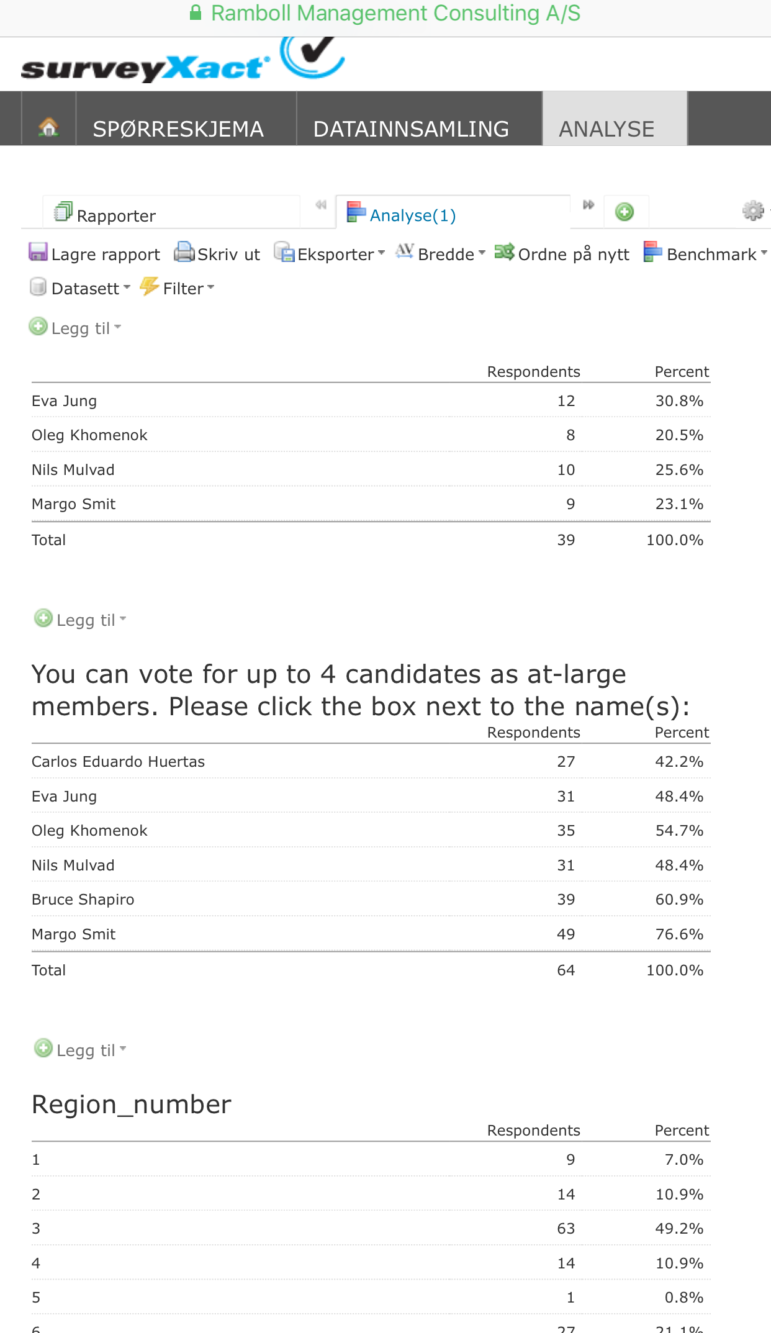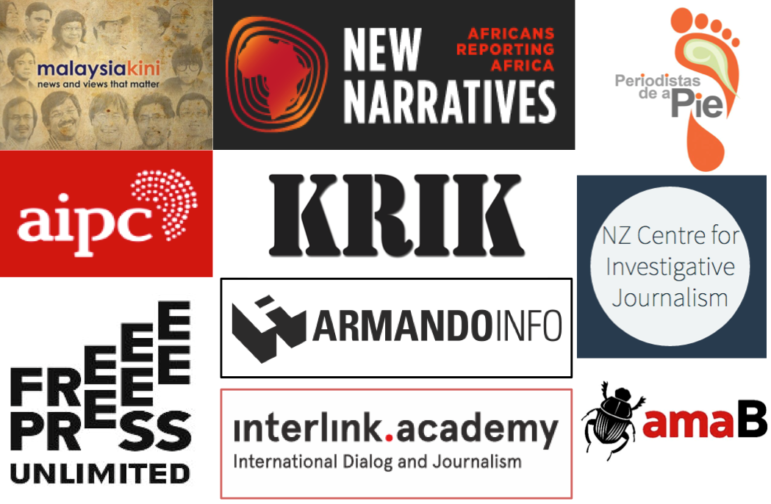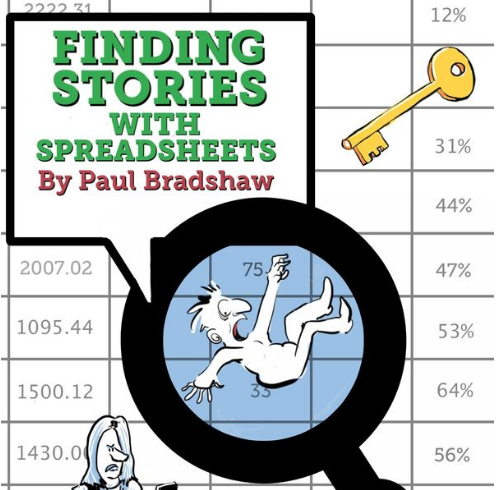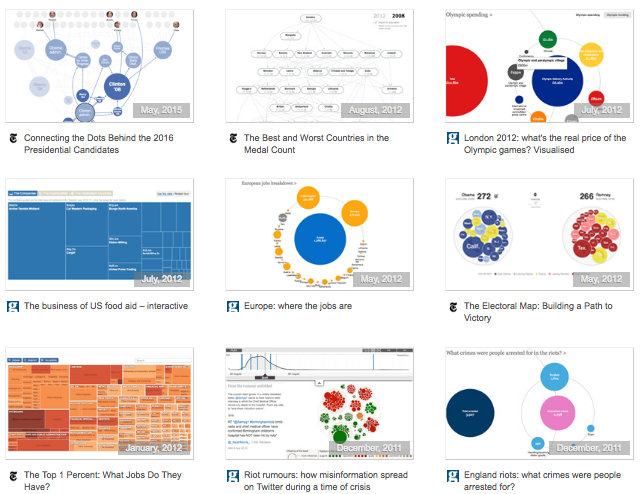
News & Analysis
7 Things You Need To Know about Non-Profit Journalism
There is a silent crisis afflicting our democracy: the implosion of journalism as we have known it. Its most obvious symptom is the tens of thousands of journalists who have lost their jobs in the last decade. Those jobs were never refilled. Economists may call this destruction of traditional journalism “creative” but it is nothing less than a pressing matter of national security.


























